Sochi One Year On: Workshop on the Aftermath of the Winter Olympics of 2014
Malmö, Sweden, 12-13 February 2015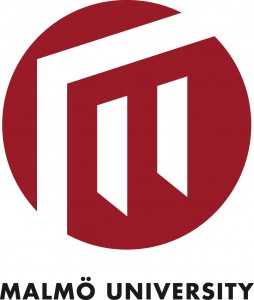
Organizers: Bo Petersson & Karina Vamling, Malmö University
Venue: Malmö City Museum, Linnaeus Room
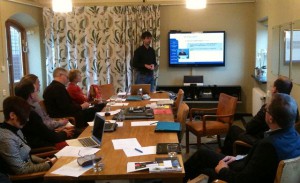 Thursday 12 February
Thursday 12 February
Alexandra Yatsyk (Kazan/Tartu): Abrading Russia’s sovereignty: from Sochi 2014 to the World Cup 2018
Martin Müller (Zürich): Value for money? Costs and benefits of the most expensive Games ever
Lars Funch Hansen (Copenhagen): Impressions after two field-visits to the Sochi Black Sea coast during 2014: Circassians and ethno-tourism
Friday, 13 February
Bo Petersson & Karina Vamling (Malmö): Fifteen Minutes Long Gone: The Circassians after Sochi
Sergei Akopov (St. Petersburg): Sochi-2014: how Olympics became a magnifier and source of competing symbolic politics
Concluding discussion
(Funding: Åke Wiberg Foundation and Malmö University)





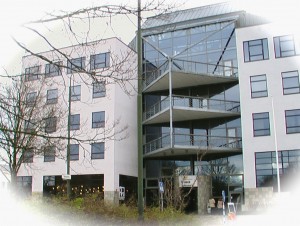

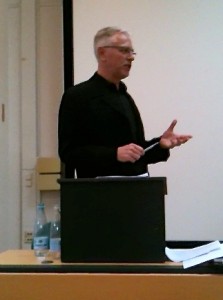
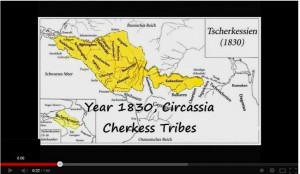
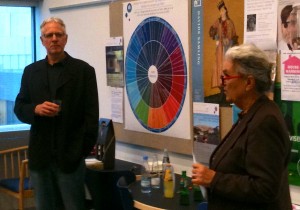
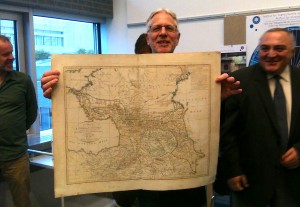
 The Circassian Revival: A Quest for Recognition. Mediated transnational mobilisation and memoralisation among a geographically dispersed people from the Caucasus is the title of the PhD thesis that will be defended by Lars Funch Hansen on October 23, 13.00 at the Faculty of Humanities, Copenhagen University.
The Circassian Revival: A Quest for Recognition. Mediated transnational mobilisation and memoralisation among a geographically dispersed people from the Caucasus is the title of the PhD thesis that will be defended by Lars Funch Hansen on October 23, 13.00 at the Faculty of Humanities, Copenhagen University.